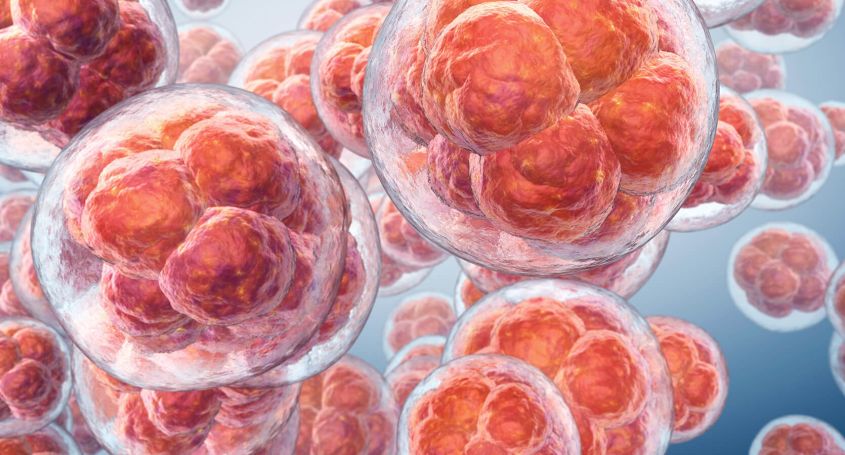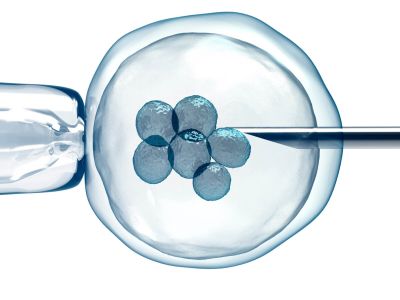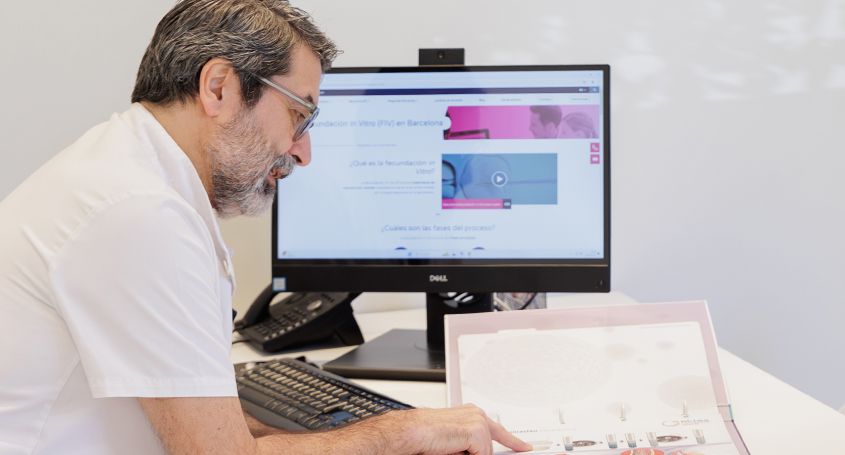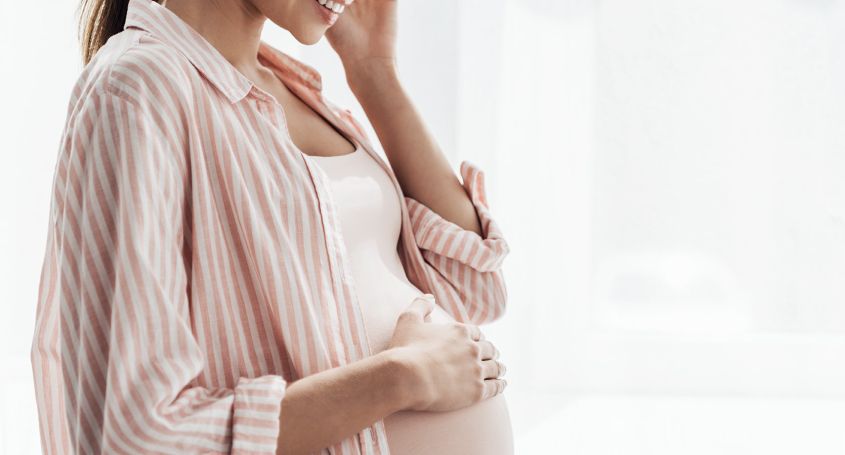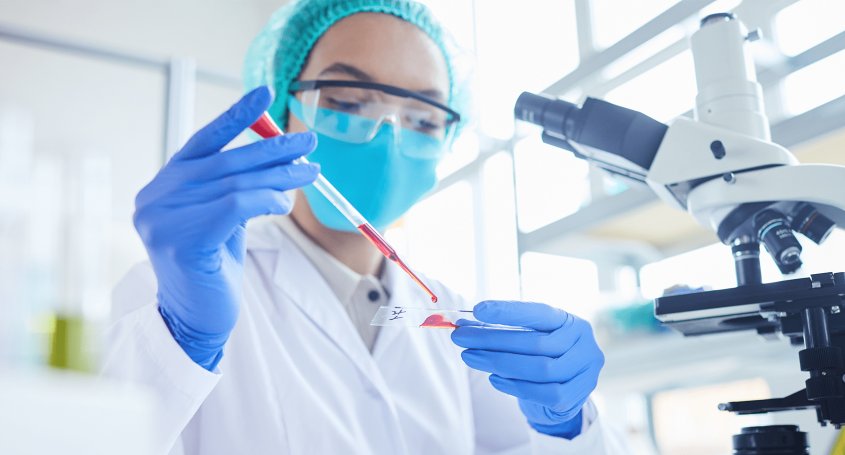You probably have some very clear concepts about pregnancy, such as gestational age, how embryologists measure the baby's development.
But more technical words lead to confusion.
For example, do you know what the implantation phase is and what happens after intercourse, whether you get pregnant or not? Here, we will answer these questions and clarify a few facts about pregnancy.
What happens after intercourse? How long does implantation take?
After intercourse, sperm can remain in the uterus and fallopian tubes for up to 6 days after intercourse, which means that fertilisation is not an immediate process.
The day on which fertilisation occurs is called day 1. The fertilised egg moves down the fallopian tube to the uterus and starts its division.
On the fifth day, the cells divide into two groups: those that will form the placenta and those that will form the embryo.
Six to seven days after fertilisation, implantation takes place, which is the process where the fertilised egg becomes a blastocyst (an embryo in an advanced stage of development) and attaches to the endometrium, i.e. the lining of the uterus.
What happens if the egg is not fertilised?
When fertilisation has not taken place, the endometrium is generally shed and eliminated. This process is known as menstruation or periods.
Can implantation help to find out if I am pregnant before the pregnancy test?
Implantation symptoms may be the first signs of pregnancy, but for most most women they do not exist or go unnoticed.
So here are the most typical symptoms so you can pay attention:
- Tiredness and sleepiness.
- Nausea
- Tender breasts due to hormonal changes
Implantation bleeding, also known as a false period. It is a dark red to brownish colour.
